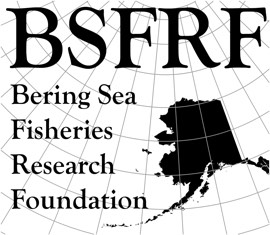The World Fisheries Congress (WFC), organized by the World Council of Fisheries Societies, is a premier global event where experts convene to share new ideas and breakthroughs in fisheries science. Several 2024 sessions featured talks that focused on crab science and fisheries, highlighting collaborative research, management strategies, and resilience in the face of climate change.
The BSFRF has good representation, and both executive director Scott Goodman and science advisor Madison Heller-Shipley gave presentations. Scott Goodman discussed “Industry Collaborative Crab Research Through the Good, Bad, and Ugly Times,” emphasizing the importance of industry partnerships in advancing crab research and overcoming challenges. This presentation highlighted how industry collaboration is critical in supporting sustainable fisheries. Madison Heller-Shipley presented on “Streamlining MSE: Assessing Shortcut Methods for Expedited Science Integration.” This talk explored method validation for simplified management strategy evaluations (MSE) that could give insight into faster options for evaluating management-related questions using MSE.
From ABSC, both Jamie Goen and Cory Lescher presented work related to the crab industry. Jamie’s presentation, “In the Midst of Climate Change: Building A Resilient Crab Fishery Action Plan,” discussed strategies for creating resilience in crab fisheries as climate change impacts marine ecosystems. Cory’s talk, “Collecting Crab Skippers’ Fishery Observations for Incorporation into Management,” focused on incorporating fishers’ firsthand observations into management decisions through skipper surveys. This approach helps bridge the gap between scientific research and industry experience.
Lastly, one of our NOAA collaborators, Cody Szuwalski, addressed “The Collapse of Eastern Bering Sea Snow Crab,” detailing the factors leading to the dramatic decline in snow crab populations.

